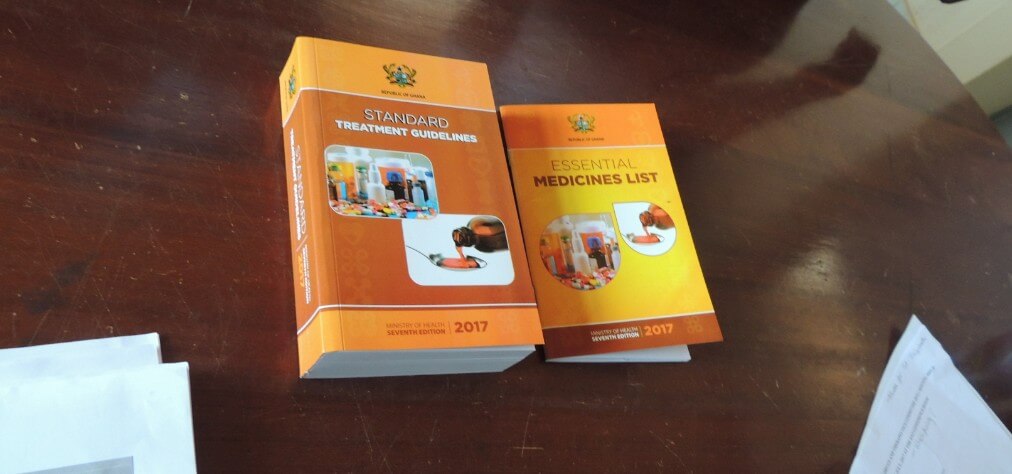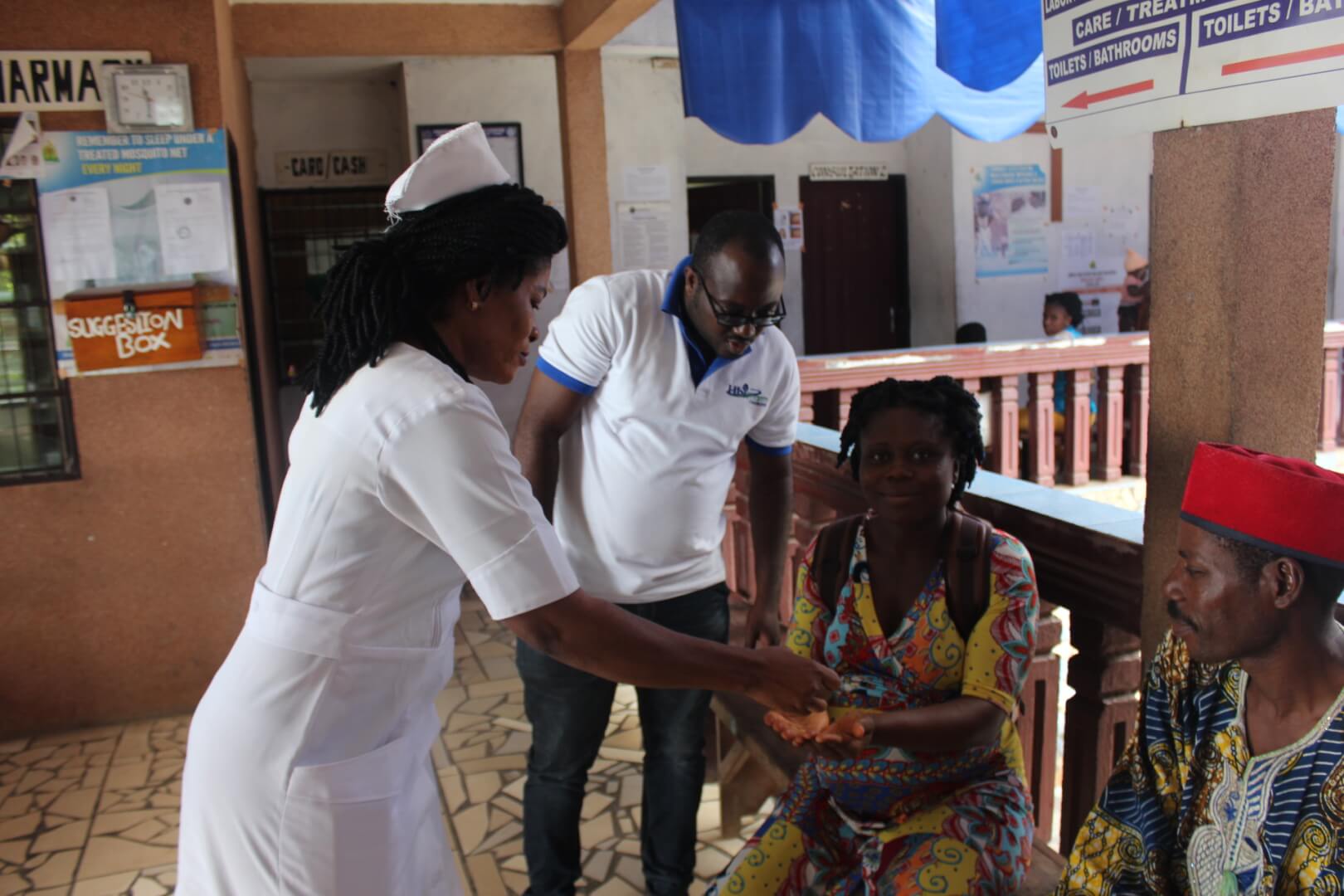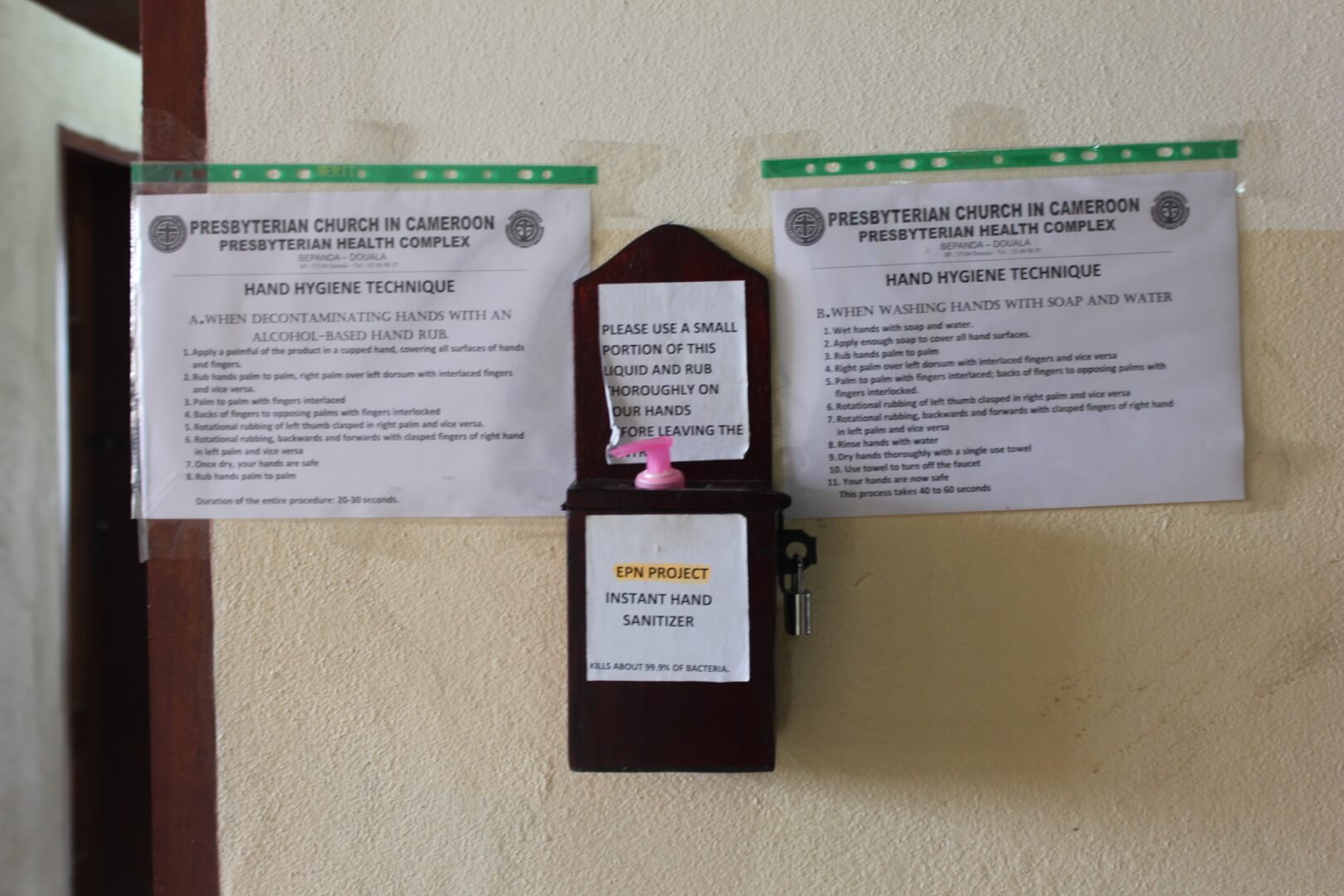AMR is a growing global threat. Currently AMR national action plans are available in majority of African countries. National Action Plan provides a policy framework and priority actions to contain the emergence and spread of AMR. However, progress of implementation of these action plans is not fully achieved. While some countries have initiated activities across, others who have not.
This is attributed to lack of awareness, knowledge and appreciation of the threat of AMR and its effect on national progress, lack of technical and financial resources for implementation as well as lack of technical expertise. Lack of AMS Antimicrobial Stewardship at health facility level and missing collaboration between faith-based health sector and government is also among the challenges faced in the process of combating AMR.
AMS also ensures the quality of antimicrobials supplied to the health facilities. One of the key interventions is to implement antimicrobial stewardship (AMS) by raising awareness and training staff on the facility level to incorporate AMS in the daily operations.
The EPN AMR project focusses on these interventions including aspects of good waste management in order to improve disposal practices within health facilities.
Goal: To ensure optimized use of antimicrobials and improved antibiotic prescribing, dispensing and disposal practices in faith-based health facilities in the 3 targeted countries
Implementing partners: Christian Health Association of Kenya (CHAK, Christian Health Association of Nigeria (CHAN) and Christian Health Association of Malawi (CHAM)
Countries: Kenya, Nigeria and Malawi
Targeted facilities: 25 health facilities
Healthcare staff cadres: Health facility administrators, nurses, pharmacists, clinical officers etc.
Key targeted outcomes
- Strengthened antibiotic stewardship and infection management in health facilities
- Increased accountability, monitoring and surveillance of antibiotic prescription and supply
- Advocate AMS and implement improved waste management of antibiotics in at least one of the 3 countries.
Summary of activities
Training and capacity development
- Develop AMR training courses and train health facility staff (pharmacy staff and clinicians) on good prescribing, dispensing and rational use of antibiotics, management of medicine supply with a focus on antibiotics, and implementation of national IPC guidelines in the health facilities for adequate monitoring of Hospital Acquired Infections (HAIs)
 Assess prescriptions per facility before and after AMR training and formation of committee
Assess prescriptions per facility before and after AMR training and formation of committee- Promote and support implementation of Drugs and Therapeutic Committees (DTC) & Infection Prevention and Control (IPC) Committees in the beneficiaries’ hospital.
- Support the development and implementation of AMR stewardship action plans in health facilities
Surveillance and quality assurance
- Increase Minilab testing in Malawi to increase post-market surveillance of the quality of antibiotics
Information sharing and awareness



- Hold awareness meetings of women in prenatal and postnatal care topics addressing AMR.
- Disseminate patient-centered IEC Materials on AMR and guidelines and tools to support antibiotic stewardship activities including guidelines for safe disposal of medicines
- Carry out radio broadcasts and social media campaign on the risk of AMR with focus on dangers through improper waste disposal.
- Support culture sensitivity testing
- Use results of minilab tests to raise awareness on the threat of falsified and substandard medicines.
- Establish waste collection points in facilities and negotiate for waste collection and transferal to local government entities.
Project activities
Combating antimicrobial resistance in church health facilities – Kenya